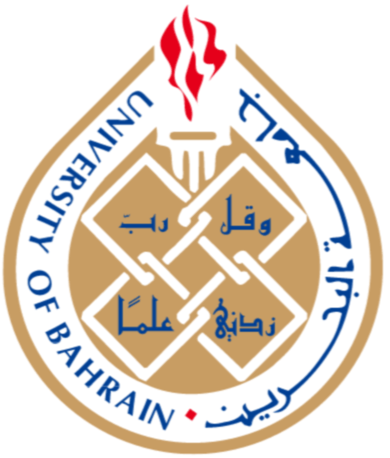PROGRAM LEVEL
The Bachelor of Science in Radiologic Technology (Diagnostic) is a four-year (4) academic year (8 semesters) program with a total of 133 credits. The program gained full confidence and was accredited by the National Authority for Qualification and Quality Assurance of Education & Training. The program aims to produce a reflective practitioner equipped with the requisite theoretical knowledge and competencies to practice as a graduate technologist and to promote Radiology as a future career. It continues for four years, during which the student takes support and core professional courses required to obtain a Bachelor of Science in Radiologic Technology (Diagnostic).
ABOUT THE PROGRAM
DETAILED STUDY PLAN
- Press here to download the Academic Plan of the program 2018 (PDF, 0.3 MB , 10 Pages)
- Press here to download the Academic Plan of the program 2025 (PDF، 1.0 MB، 10 Pages)
PROGRAM OBJECTIVES
Graduates of the BSc in Radiologic Technology (Diagnostic) will be prepared to:
-
- Practice competently as a radiologic technologist across various radiology and medical imaging areas.
- Exhibit professionalism in radiologic sciences according to the standards of practice, patient confidentiality, values, and the code of ethics.
- Foster a caring environment by applying critical thinking, leadership, communication, and basic research skills. Serve as competent
- Meeting the needs of society and aligning with international standards.
- Engage in lifelong learning to develop and integrate knowledge and skills through continuing education.
PROGRAM INTENDED LEARNING OUTCOMES
The program graduates will be able to:
- Apply knowledge of foundational sciences, radiological principles, anatomy, physiology, and pathology relevant to diagnostic radiologic technology practice.
- Implement appropriate radiological procedures to ensure safety, accuracy, and quality.
- Integrate ethical principles, professional codes of conduct, and legal and regulatory requirements relevant to diagnostic radiologic technology practice.
- Utilize research methodologies and evidence-based findings in professional practice.
- Evaluate medical images for normal anatomy, common pathology, and technical quality.
- Maintain the confidentiality and safety of patients and radiology staff in accordance with national and international standards.
- Provide patient education and care before, during, and after diagnostic radiology procedures.
- Communicate effectively with patients, their families, and healthcare members.
- Exhibit teamwork, leadership, and inter-professional collaboration relevant to diagnostic radiologic technology practice.
- Demonstrate professionalism, accountability, commitment to lifelong learning, and continuous professional development.
GRADUATION REQUIREMENTS
- Pass all the major courses shown in the curriculum plan with a minimum cumulative grade point average (CGPA) of 2.0/4.0
- Achieving a minimum grade of C (70%) as proof of mastery on all professional courses and a minimum grade of D (60%) for non-professional courses.
- Successful completion of all credit hours ( A total of 133 credits)









